![]()
![]()
The IDRA Newsletter is published 10 times a year. Each edition focuses on issues in education, striving to provide many different perspectives on the topics covered and to define its significance in the state and national dialogue. The IDRA Newsletter can only be mailed to U.S.addresses, but pdf and web copies are available online.
See PDF of this issue.
See IDRA Newsletter eLetter for this issue.
Sign up to receive the IDRA Newsletter eLetter.
|
Current Issue: Focus ~ Parent and Community Engagement See Archives Sign up to receive the newsletter by mail (free).
Newsletter Executive Editor María "Cuca" Robledo Montecel, Ph.D. ISSN 1069-5672
|
Rio Grande Valley Community Commits to Ensuring High Academic Region for All Students


Families and Curriculum – Supporting Preparation of Students for College and Post-secondary Education


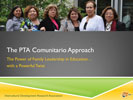

Ebook: The PTA Comunitarios Approach
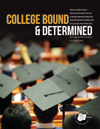

Immigrant Students’ Rights to Attend Public Schools
Alert for Registering Students for School
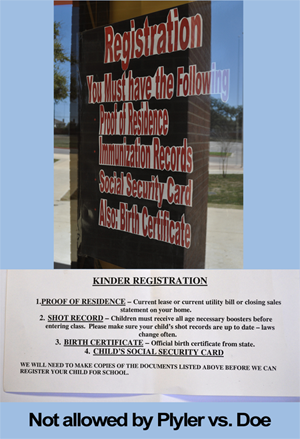

As a result of the U.S. Supreme Court ruling in Plyler vs. Doe, public schools may not:
- deny admission to a student during initial enrollment or at any other time on the basis of undocumented status;
- treat a student differently to determine residency;
- engage in any practices to “chill” the right of access to school;
- require students or parents to disclose or document their immigration status;
- make inquiries of students or parents intended to expose their undocumented status; or
- require Social Security numbers from all students, as this may expose undocumented status.
Yet a number of schools are posting notices like these pictured (right) and on school websites that indicate Social Security cards and birth certificates are required before a family can register their child for school. Such practices are in direct violation of Plyler vs. Doe.


IDRA Research for Parent and Community Engagement
As we continue yet another year of working to assure equal educational opportunities for every child, it is the “Research” in our name that we are purposefully and with profound intent spotlighting in the IDRA Newsletter. And we are doing so by increasing visibility and awareness of IDRA’s research and the impact it has had for children. Each newsletter this year will feature our research contributions to particular topic. This month, the spotlight is on IDRA’s research for parent and community engagement.
April 2014 Issue ~ Newsletter Plus
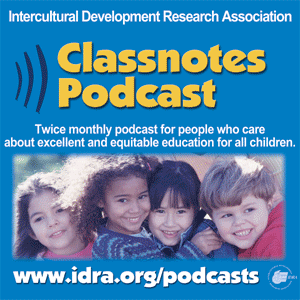

How to Start a PTA Comunitario – Episode 131
Promotora Model for Family Leadership in Education – Episode 118
Rosie Castro on Parent Engagement – Episode 115
Expressions of Effective Parent and Community Engagement – Episode 100
The Power of IDRA’s Parent Leadership Model – Episode 3


Flier on IDRA’s four dimensions of parent leadership in education (bilingual English-Spanish)
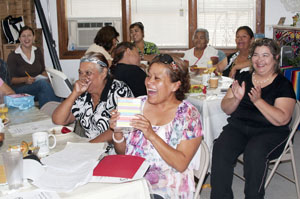

IDRA PTA Comunitario Model – The Power of Family Leadership in Education… with a Powerful Twist


transformed itself from low achievement and low expectations to planning for all students to graduate from high school and college. In PSJA, transformation went beyond changing sobering graduation rates or even getting graduates into college. This school district changes how we think about college readiness.


Engaging Parents in Education – Lessons from Five Parental Information and Resource Centers
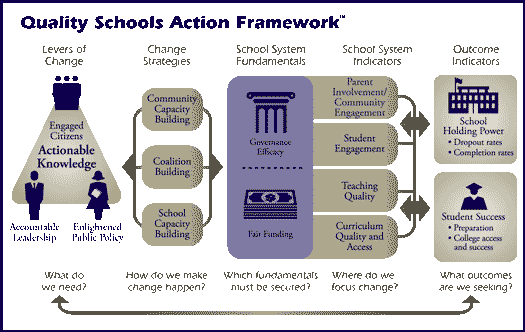

IDRA’s Quality Schools Action Framework™


At a time when public education makes a world of difference to our students, communities and economic success, many are looking for strategies that will work for them and that will last. Courage to Connect: A Quality Schools Action Framework shows how communities and schools can work together to strengthen their capacity to be successful with all of their students.



